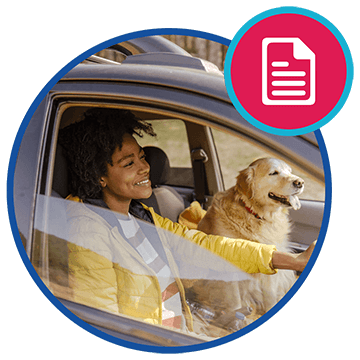If you are in the market for a used car, you are not alone. Between dealership and private-party sales, up to 40 million pre-owned vehicles exchange hands annually. With numerous options in the market, finding the one that suits your needs and style can be a lot of work.
Though challenging, purchasing a second-hand car, when done right, can land a great deal and help you save money. Besides the availability of online car-shopping tools, you have a higher chance of finding a used car that suits your needs and is within your budget. But before anything, here are six steps to researching a used vehicle before making a purchase:
Set a Budget and Stick to It
The initial step of any car buying process is analyzing your budget. Well, you do not want to spend time finding the right car only to find its way over your budget. Whether buying through a car dealership or a private seller, this is a great place to start.
If you are purchasing a car from a dealership, research additional fees before commencing the buying process. These include destination charges, state-specific taxes, and registration fees.
Protection plans such as warranties can add a significant amount to the overall cost of your car but are quite important in the long run. During your car buying research, understand your vehicle’s warranty. While some vehicles might still be under the manufacturer’s warranty, some dealers can offer extended warranties.
You might have to pay a little more if you choose a certified pre-owned vehicle warranty. These warranties might be backed up by the manufacturer or dealership warranty based on the CPO program.
Figure Out Your Payment Options:
Whether leasing or applying for a car loan, calculate your monthly payments and stick with them. Whether you are working with a dealership or a private party, get a clear breakdown of the price of the car, the expected down payment, and the monthly payments. Be sure to negotiate with the salesperson for payment options you can manage.
Whether you are going for auto loans or borrowing from credit unions, there are several things you should consider before getting started. These include interest rates, credit scores, monthly payments, and repayment periods.
Determine Your Automotive Trade-in Value:
There are several ways of finding your trade-in value. Well, having your car’s value determined by your dealership is the best choice. However, you can use various online tools to determine your vehicle’s accurate resale value.
Confirm on Pricing:
One of the main reasons for buying a used car rather than a new one is to save money. Analyzing used car book values can help you land the best vehicle price. For instance, you can check out Carfax for detailed and accurate details on the cost of a used car compared to others in the market. Kelley Blue Book also guides you on how to pay for your vehicle.
Request Vehicle History Report (VHR)
A VHR is crucial when buying used cars. You might find a vehicle within your budget but with a salvaged title and no service records. You can get verified VHR and consumer reports from reliable sites such as Carfax and Autocheck.
Organize a Test Drive
Once you have narrowed your car options, it is time for a test drive. Check out the car’s condition, performance, and fuel economy, among other factors. Raise a concern if you notice any signs of dents, low mileage, or anything in between.
Feel free to ask questions about the things that matter, such as car insurance, insurance company, and vehicle identification number. The right details and documentation will give you peace of mind and guarantee an easy buying process.
Buying a new vehicle might be challenging in the current economic times. If you are shopping for a used car in Canada, trust the experts at FFUN Cars to find one that fits your needs and budget.



